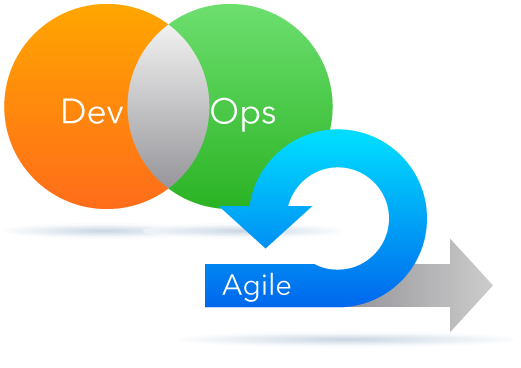CI/CD Testing Table Stakes taken Next Level
Testing is often ignored when talking about agile, CI/CD and DevOps. And yet, testing is often a major bottleneck in these endeavors. To be successful in any of the above, test must be part of the culture, something done continuously at every build.
Ignoring testing in CI/CD is both unfortunate and unnecessary, as testing can be kicked-off at every build by most CI tools, including Jenkins, TeamCity, Travis CI, Go CD, Bamboo, GitLab CI, CircleCI and Codeship. Or course, this assumes your test automation system integrates with your CI tooling, as Appvance IQ does.
Given that, creating a culture and workflow of ALWAYS testing at each build is straight forward: No build goes forward without executing the test suite.
According to the all-knowing Wikipedia (but mostly based on our own experience), Continuous Testing must include the validation of both functional and non-functional requirements.
For testing functional requirements (functional testing), Continuous Testing often involves unit tests, API testing, integration testing, and system testing. For testing non-functional requirements, one must determine if the build meets expectations around performance, security and, potentially, compliance. Tests should provide the earliest possible detection of the risks that are most critical for the business or organization that is releasing the software.
So Continuous Testing should be table-stakes. Now let’s think about Continuous Testing in relation to regression testing, which should be continuous, automated, and achieve close to 100% test coverage of user activities. This is a real challenge for most shops, and where the new realm of AI Scripting comes into play. Adding AI Scripting into the mix takes Continuous Testing to the next level: automatic regression testing. (See the recently updated AI-Generated Regression Testing page for more on this important topic.)
Appvance IQ helps achieve all of the above, as it integrates with popular CI tools to kick off tests at each build, and immediately returns results. It was created for a Continuous Testing culture, so tests can be run across all functional and non-functional domains from the same system, using essentially the same scripts. And AI Scripting generates thousands of tests automatically, based on user activities, driving nearly 100% user driven test coverage.
So when it comes to regression testing, add together Continuous Testing with AI Scripting to get the very best regression testing possible.
Want to see Continuous Testing taken to the next level, request a personal live demo here.



